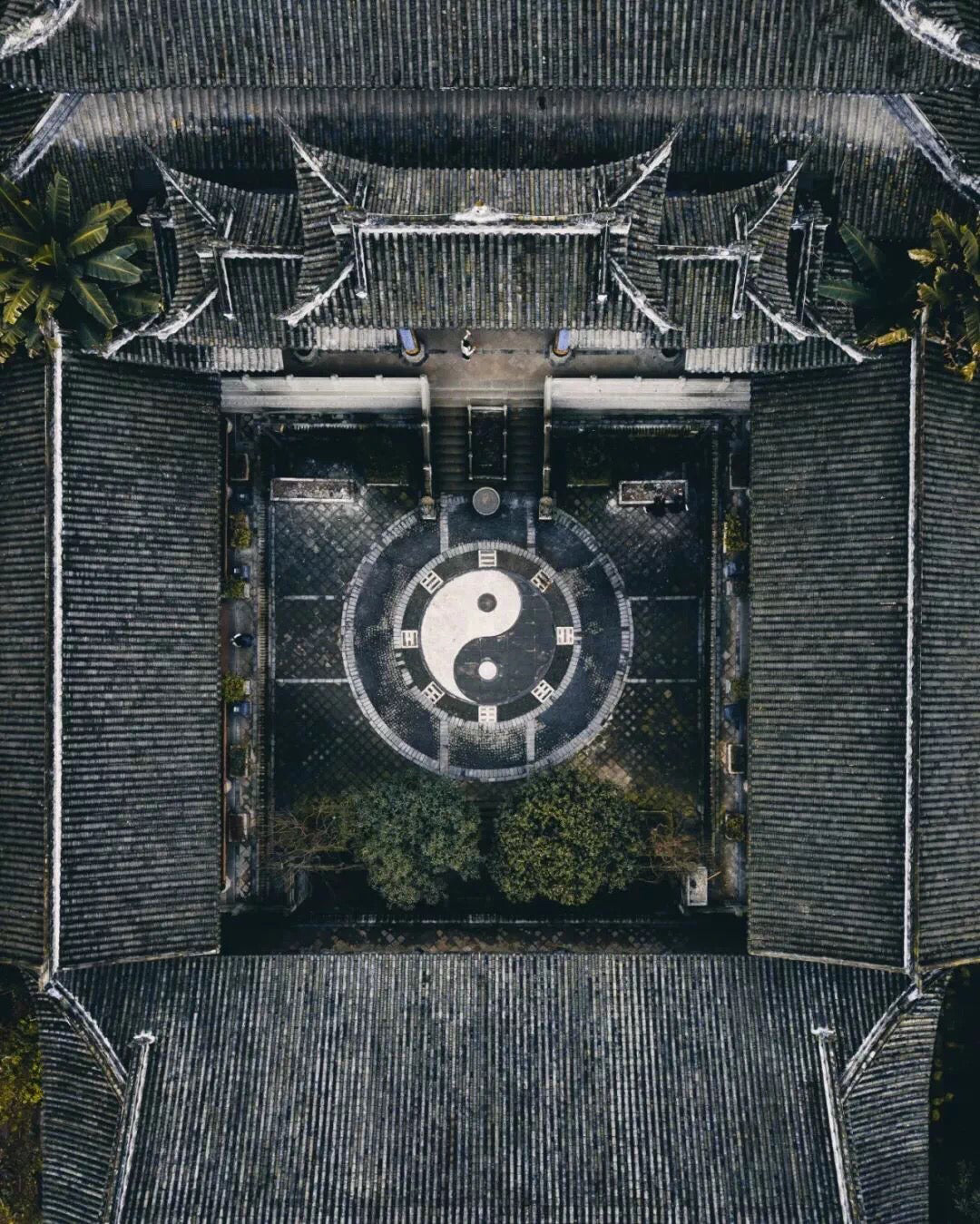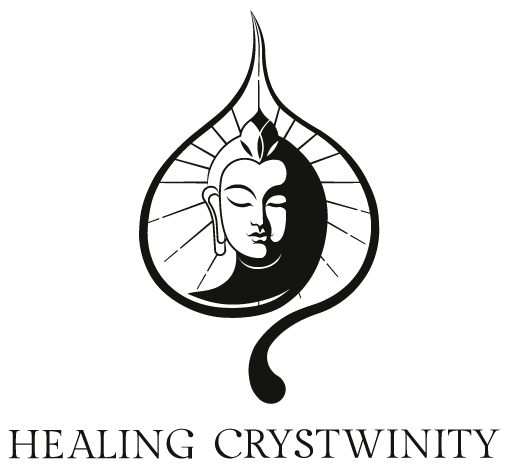
The Taoist Philosophy: Integrating Natural Laws with Modern Life
Introduction
In today’s fast-paced and high-pressure environment, many people feel lost and overwhelmed. Ancient Taoist philosophy, with its profound natural laws and life wisdom, offers a path to inner peace and harmonious living. This article will delve into the fundamental principles of Taoism, including the balance of yin and yang and the interactions of the five elements, and explore how these principles can be applied to modern life to achieve physical and mental balance and health.
1 The Philosophical Foundations of Taoism
Taoism, an integral part of traditional Chinese culture, derives its philosophical ideas primarily from Laozi's Tao Te Ching and the works of Zhuangzi. The core philosophy of Taoism can be summarized as follows:
1.1 Dao (Tao)
In Taoism, “Dao” is seen as the origin and ultimate principle of the universe—a formless, abstract, and natural state of being that governs all existence. It is both the source of the universe and the foundation of all existence.
1.2 De
In Taoism, “De” refers to the quality and power of an individual to align with the Dao. By cultivating virtue, one can achieve a harmonious state that resonates with the Dao.
1.3 Wu Wei
This key practice in Taoism means “non-action” or “effortless action,” implying that one should act in accordance with the natural flow of things, without forcing or controlling, allowing events to unfold naturally.
1.4 Harmony with Nature
Taoism emphasizes following natural laws. Whether in personal life or societal activities, one should adhere to the rhythms and balance of nature.
2 Yin-Yang Balance and Modern Life
The concept of yin-yang balance is a crucial aspect of Taoist philosophy, which posits that health and harmony come from maintaining a balance between these two forces. In modern life, this can be understood as balancing various aspects such as work and rest, activity and stillness, social interactions and solitude.
2.1 Work and Rest Balance
In the workplace, the Taoist principle of wu wei can be interpreted as allowing leaders to manage with a hands-off approach, granting team members more autonomy to foster creativity and efficiency. On a personal level, it means finding a balance between work and leisure to avoid burnout.
2.2 Activity and Stillness Balance
Taoism encourages achieving inner calm and clarity through meditation and stillness. In modern life, this means scheduling time for meditation and quiet reflection amidst a busy daily routine to slow down and reduce mental clutter.
2.3 Social Interaction and Solitude Balance
While Taoism acknowledges that humans are social beings, it also values the need for personal time to reflect and rejuvenate. In contemporary life, this translates to balancing social engagements with personal downtime to avoid over-socialization or isolation.
3 The Five Elements Theory and Healthy Living
The Five Elements Theory is central to Taoist philosophy, classifying the universe into five basic elements: Metal, Wood, Water, Fire, and Earth. These elements interact to maintain natural balance and harmony. In modern life, the Five Elements Theory can offer valuable guidance for health and daily living.
3.1 Interactions of the Five Elements
- Water Generates Wood: Adequate water intake is crucial for health, aiding metabolism and maintaining bodily functions. Proper hydration supports overall well-being, including skin and digestive health.
- Wood Generates Fire: Regular exercise can energize the body, similar to how wood fuels fire. Activities like walking, yoga, or aerobic exercise enhance overall health and vitality.
- Fire Generates Earth: A balanced diet provides essential nutrients, akin to how fire transforms into earth. Consuming a variety of nutrients, including vitamins and minerals, supports bodily functions and boosts immunity.
3.2 Overcoming the Five Elements
- Fire Overcomes Metal: Excessive work stress (Fire) can impact creativity and judgment (Metal). In high-pressure environments, taking regular breaks and relaxing can help alleviate stress and protect mental and physical health.
- Metal Overcomes Wood: Overwhelming anxiety or negative emotions (Metal) can stifle vitality and creativity (Wood). Practices such as meditation and positive thinking can help reduce anxiety and promote mental health.
3.3 Five Elements and Personal Health
Understanding one's Five Elements type can provide insights into personality traits and health needs, leading to appropriate adjustments:
- Wood Type: Individuals with a Wood constitution are usually energetic and creative but may need more rest and relaxation to balance their internal energy. Creating a calm environment can aid in relaxation.
- Fire Type: Fire types are often driven and enthusiastic but might benefit from social activities and stimulation to maintain a positive mental state. Engaging in social interactions and exciting experiences can enhance life quality.
- Earth Type: Earth types value stability and practicality but may need more innovation and change to avoid monotony. Trying new hobbies and activities can add variety to life.
- Metal Type: Metal types are generally organized and goal-oriented but might require more relaxation and emotional release to maintain psychological balance. Meditation tools and relaxation practices can help alleviate stress.
- Water Type: Water types are flexible and intuitive but may need more practical support and structure to enhance effectiveness. Setting clear goals and plans can improve their ability to act.
4 Taoist Healing Arts
Taoist healing arts are deeply rooted in its philosophy and include, but are not limited to:
4.1 Music Therapy
Taoist music uses harmonious melodies to help relax the mind. In modern applications, Taoist music therapy products can improve mood and reduce stress.
4.2 Talismans and Rituals
Talismans are used to harmonize energy, and their concepts can be adapted today. Using Taoist amulets can protect personal energy fields and enhance positive energy.
4.3 Feng Shui
Taoist Feng Shui focuses on how the environment affects physical and mental health. Modern Feng Shui products, such as jade ornaments or wealth-enhancing items, can help create a harmonious living environment and improve overall fortune.
Conclusion
Taoist philosophy is not merely ancient wisdom but remains highly relevant in contemporary society. By integrating Taoist natural laws and life wisdom into modern life, we can enhance personal well-being and promote social harmony. Our brand, Healing Crystwinity, is dedicated to merging this ancient wisdom with modern needs, offering products that foster physical and mental balance and aid in achieving deeper healing and growth.
References
-
Taoism - Beliefs, Principles, Quotes & Leading Figures - Philosophy Buzz
- Daoism | Definition, Origin, Philosophy, Beliefs, & Facts | Britannica
- Taoism: Explanation and Examples (philosophyterms.com)
- Daoist Philosophy | Internet Encyclopedia of Philosophy (utm.edu)
- Daoism (Stanford Encyclopedia of Philosophy)
